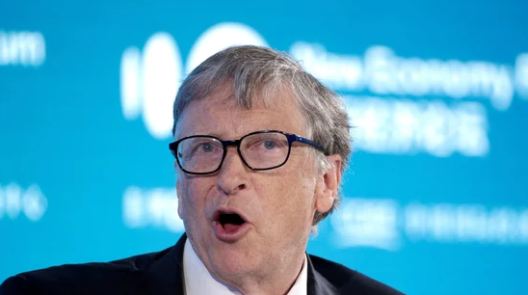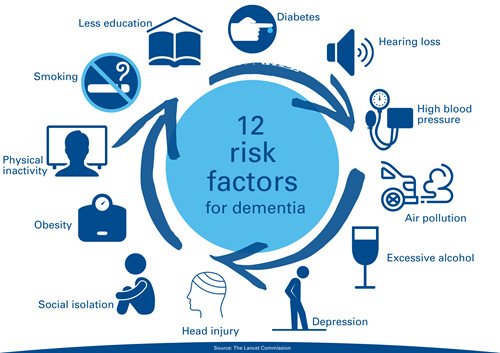Bill Gates’ Carefully Arranged Populist Persona Has Popped

Before all the disclosure about his divorce, dubious workplace behaviour, and ties to Jeffrey Epstein, Bill Gates was just America’s huggable billionaire techno-philanthropist. Sure, he had accumulated absurd riches from cofounding Microsoft and lived in a $130 million (roughly Rs. 950 crores) mansion with an indoor trampoline room. But he was also known to drive his kids to school, binge Modern Family, dress like Ned Flanders and wait in line for his favourite cheeseburgers.
There was power in Gates’s air of down-to-earth dad-dorkdom. Lots of one-percenters donate big to vital causes; few achieve Reddit AMA relatability. Over the past two decades, Gates trampolined off his and his wife Melinda’s vast charitable efforts to another stratosphere of societal influence. He became arguably the leading business voice on fixing the world’s woes, as comfy pontificating about eradicating disease and improving education systems on the Ellen DeGeneres Show as he was advocating for climate change and COVID-19 solutions.
That populist persona popped on May 3, when Bill and Melinda French Gates announced they were splitting up after 27 years of marriage. Unflattering particulars quickly emerged, including reports that Bill had an extramarital affair and pursued other office romances with employees at Microsoft and the humanitarian foundation that carries their names. In a divorce filing, Melinda said their relationship was “irretrievably broken.” The question now is whether Bill’s reputation is, too.
By the 2000s, though, the world’s richest man seemed to have realised he had to change this Redmond-robber-baron narrative—and that his wealth could help. He stepped down as Microsoft’s CEO and shifted his attention to what would become the Bill and Melinda Gates Foundation, which eventually gave away more than $50 billion (roughly Rs. 3,64,600 crores) to fight malaria and AIDS and boost childhood vaccination rates, earning the couple widespread praise, not to mention Time’s 2005 “Persons of the Year” cover with U2’s Bono. Less than a decade after Microsoft’s antitrust trial, Gates was making the rounds on Capitol Hill advising lawmakers on US technology competitiveness and health initiatives.
“I was lucky enough in my Microsoft work to accumulate an ownership that was worth a lot of money,” he told Charlie Rose in 2008, shortly after switching to full-time focus on his giving pledges. “Warren [Buffett] likes to call that ‘claim checks’ on society, where you get to say, you know, have a thousand people go build a pyramid for you or do whatever you want.”
How, these massive philanthropic claim checks have immensely aided vulnerable populations. They’ve also proved astonishingly effective in rehabbing his image from tyrannical technocrat to saintly saviour. Good deeds bought good will. His and Melinda’s annual foundation letters grew more popular than Microsoft product launches (albeit a low bar). Media scrutiny mostly vanished, replaced by perpetual guest-editor spots at major publications lusting after Bill’s world-changing ideas. His 2015 TED Talk racked up tens of millions of views, his occasional book recommendations were greeted like Oprah endorsements, and it wasn’t too long before Barack Obama awarded him the Presidential Medal of Freedom.
This was more than superficial fame. Gates’s civic clout could sway the discourse on critical and controversial issues (only recently he lobbied to keep COVID-19 vaccine patent protections in place), an influence that’s threatened as more lurid details surface from his current divorce proceedings. That’s not to suggest NGOs and nonprofits will stop taking his money. But, as skeptics have noted, if he’s sought inappropriate relationships with female employees, the foundation that bears his name is probably no longer the ideal advocate for women’s empowerment. If he became too close years ago with Jeffrey Epstein, even after Epstein had pleaded guilty to soliciting prostitution from a minor, Gates is clearly not the right leader to campaign against sex trafficking. It’s not so much that he’s at risk of being “cancelled” altogether as he is from being Ctrl-Alt-Deleted from his perch atop the moral high ground.
A spokesperson for Gates said that the “rumors and speculation surrounding Gates’s divorce are becoming increasingly absurd,” and that “the claim of mistreatment of employees is false.” The representative added, “Claims that Gates had any personal conversations with Epstein in these meetings, which were about philanthropy, are simply not true.”
Gates has long bristled at questions about his legacy. He has sworn he’s never had “some end-of-life goal,” and has called self-memorialising “a stupid thing.” For a 65-year-old who listens to history lectures on the treadmill and owns Leonardo da Vinci’s journals, it’s not quite believable that Gates hasn’t reflected on how future generations will look back at his life’s work. But as he said in 2005, as his second act was just taking off, “It doesn’t matter; it doesn’t motivate me. If we’re all forgotten or remembered, it doesn’t change what we do every day.”






